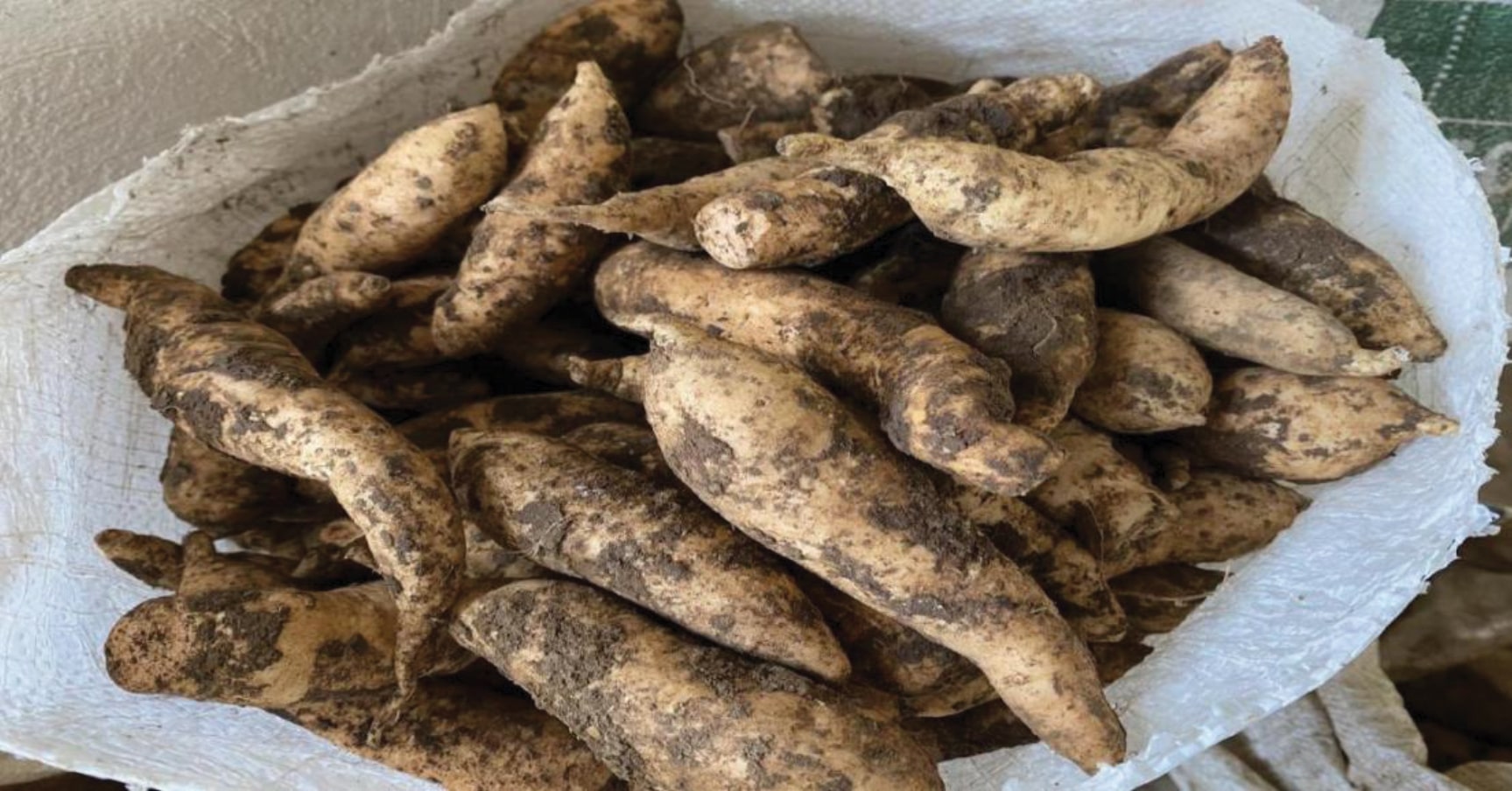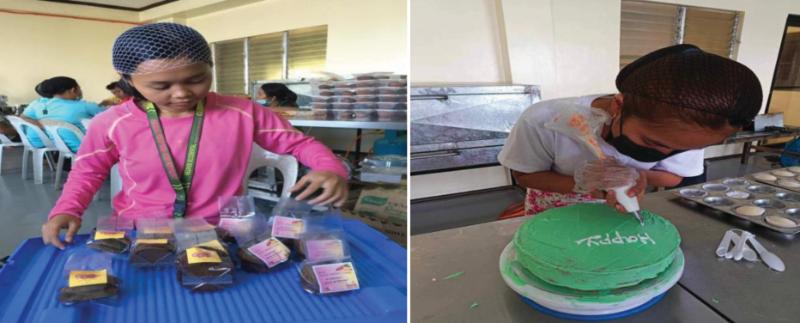
Problem
Sweet Potato, locally referred to as Kamote is known for its sweet flavor and versatility. It is a nutrient-dense plant rich in vitamins, minerals, and fiber that thrives in diverse climatic conditions. Often called a survival crop, it has served as a vital food source throughout history. Generally, during harvest time, small-sized sweet potatoes are left in the field because they are non-marketable. Farmers and consumers tend to prefer large and medium-sized sweet potatoes. The practice of leaving non-marketable sweet potato roots in the field after harvest leads to build-up of pest as they serve as host plants especially for sweet potato weevil.
Outcome
The Technological University of the Philippines - Visayas (TUP-V) conducted research aimed at developing technology for producing sweet potato flour. In October 2023, this research was presented to the Potato Systems Research and Training Center (PSRTC), Canlaon Potatoes and Flowers Co. (CP&F), and other stakeholders at a workshop, titled “Training on Sweet Potato Flour Production, Basic Food Safety, and Commercialization.” Following the presentation by TUP-V, the food processing team at CP&F began product development activities on creating marketable products with sweet potato flour as the main ingredient. This effort involved various groups and institutions, including the City Social Welfare and Development (CSWD) of Canlaon City, Negros Oriental State University - Guihulngan City Campus with 34 on-the-job trainees (OJTs), Central Philippines State University - San Carlos with 6 OJTs, and 31 practicum students from Foundation University - Dumaguete.

Throughout this collaboration, they successfully developed a range of highly nutritious and accessible products, including sweet potato hopia, sweet potato pancakes, sweet potato puto cheese, sweet potato maja, sweet potato cake, pastillas de mani, cakes, cupcakes and more. These products were later introduced to the local community for marketing.

Currently, the production of these products is ongoing and operational. This value-adding initiative also supports the development of agribusiness enterprises within the community.

We are thankful to the Department of Science and Technology (DOST), for its support to the project “Community Empowerment through Science and Technology for Sustainable Production and Improvement of Soil Health with a focus on Sweet Potato Production, Processing and Marketing.”